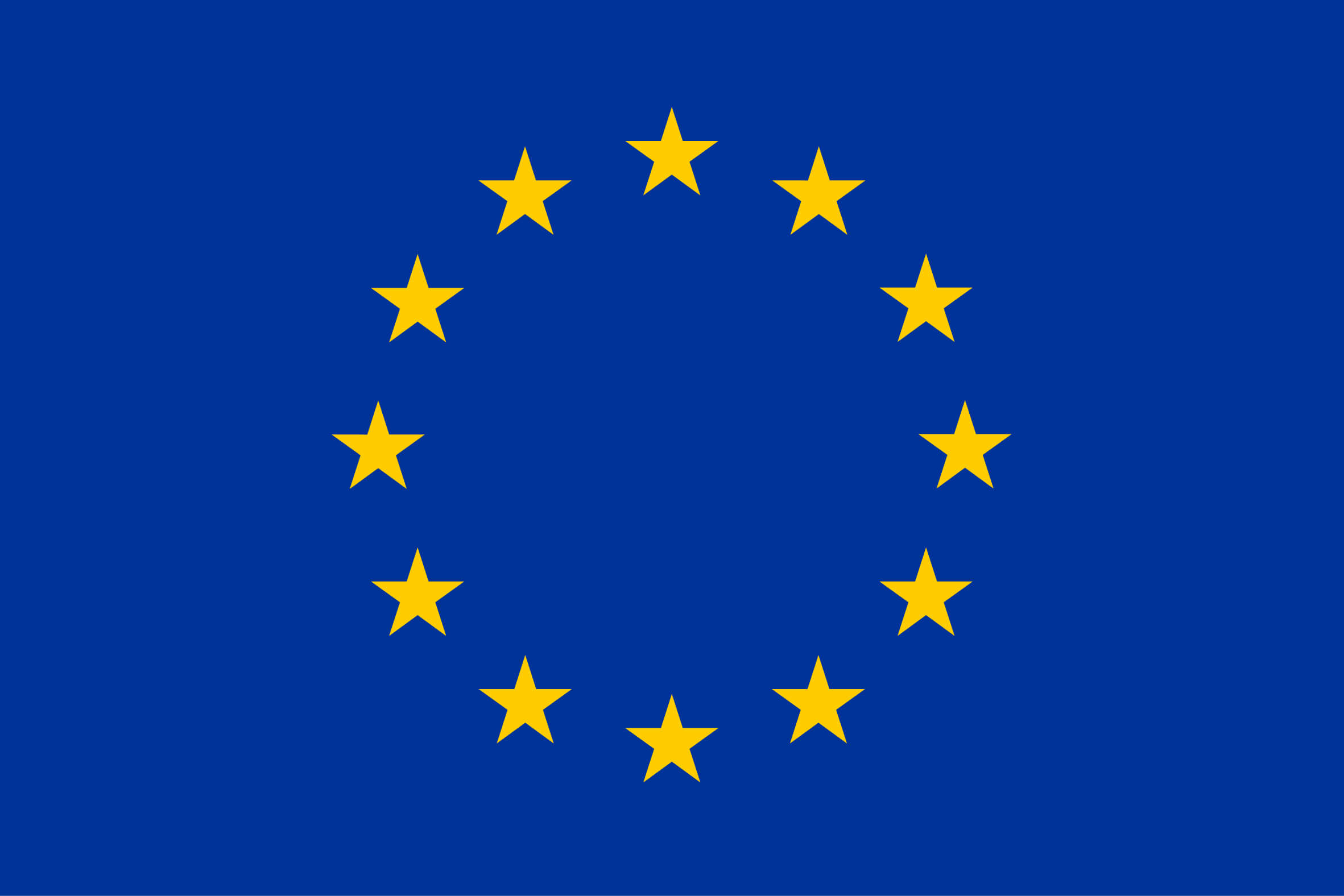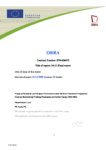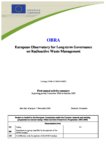OBRA: European Observatory for Long-term Governance on Radioactive Waste Management
OBRA was a coordination action financed by the European Commission that was carried out between November 2006 and October 2008. The purpose of OBRA was to assess the feasibility of creating an Observatory for long-term governance on radioactive waste management in Europe.
Overview
Project Dates: 01/11/2006 – 31/10/2008
Project Status: Closed
Website: N/A
The topic of ‘Radioactive waste governance’ encompasses all of the aspects of high-level decision-making within the implementation of a radioactive waste disposal programme. This includes consideration of both the formally-empowered decision-makers, as well as stakeholders with less direct influence over decisions (e.g. local communities, research institutions, non-governmental organisations (NGOs), interest groups, citizens). Effective governance requires (among other factors) access to, understanding of, and trust in the relevant information, as well as effective communication and understanding between stakeholders.
The OBRA project was carried out in order to explore the usefulness of a European Observatory for long-term governance on radioactive waste management in Europe. This observatory was envisioned to meet a number of the governance needs relating to the sharing of information and communication between stakeholders.
The role of the Observatory would be to gather, process and “translate” information into lay terms, in order to help different groups of stakeholders and interested citizens participate in the governance of radioactive waste management. A joint, independent organisation fulfilling this role was envisioned to increase overall trust and confidence in the accuracy and objectivity of the supplied information. The Observatory was also proposed to act as a platform for broader communication, networking and participation by stakeholders of all types.
Objective
The overall objective of the coordination action OBRA was to assess the feasibility of creating an observatory for long-term governance on radioactive waste management in Europe. The function of the observatory was envisioned to be:
- to provide access to the knowledge generated by successive EU research programmes, both in scientific and social science fields;
- to promote the most appropriate forms of interaction between stakeholders; and,
- to jointly define how results from research, training and development in radioactive waste management and disposal are formulated and how their dissemination is managed.
In pursuit of developing this European observatory, the key objectives of OBRA were:
- to establish a European networking platform between universities, implementers, stakeholders and civil society in general;
- to develop a model of a European observatory for long-term governance in radioactive waste management;
- to test the efficiency of a pilot training package as a mechanism for the transfer and dissemination of knowledge; and
- to make recommendations on how the model of the observatory could be implemented.
Results
OBRA contributed to the improvement of governance in the field of radioactive waste management by identifying information needs and possible mechanisms to favour information exchange among experts and potentially interested groups of social actors. The project also contributed to training in the field of radioactive waste management, developing and delivering a training package aimed at a non-technical audience which might provide a template for future educational work.
OBRA also set out a framework for the creation of a European Observatory for Long-term Governance on Radioactive Waste Management, identifying the key needs which it should meet, the conditions for success and developing a roadmap for implementation. Although implementation of an Observatory along the lines proposed by the OBRA project was not taken forward, the results and recommendations of the OBRA project informed contemporary and subsequent projects including EC CARD, CIP and ARGONA. The EC CARD project ultimately led to the formation of the IGD-TP ,which fulfils some of the roles envisioned for the Observatory. National programmes also individually implement many of the functions of the proposed Observatory, tailored to their own national needs.








